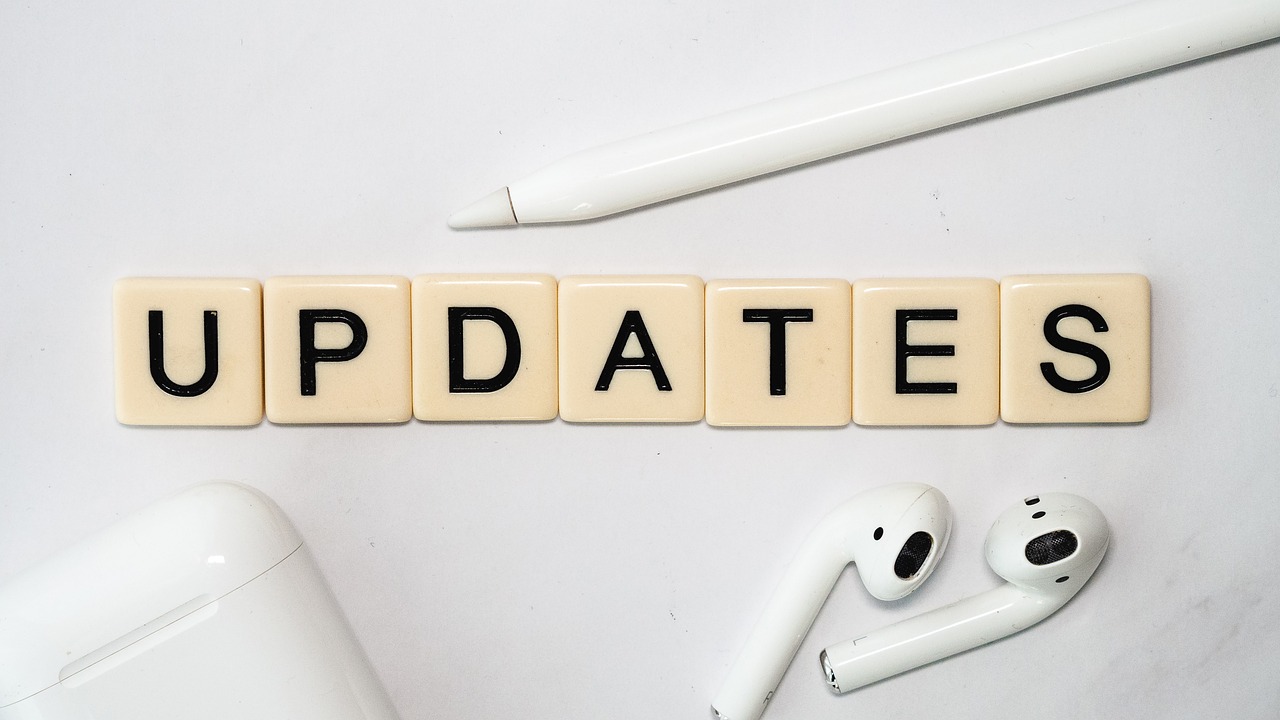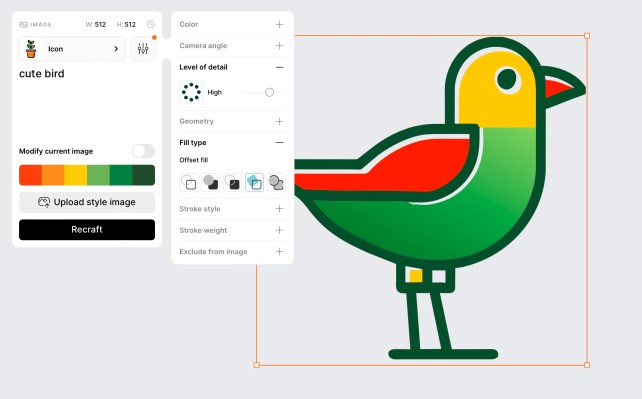Budget Apps Let Users Track Emotional Spending

In an era where financial literacy is paramount, budget apps have emerged as essential tools for many users seeking to manage their finances effectively. Among their myriad features, these apps increasingly offer the capability to track emotional spending, a function that is proving invaluable to a tech-savvy professional audience.
Emotional spending, defined as the habit of purchasing goods or services based on emotional triggers rather than necessity, has long been a challenge for consumers. With the advent of digital finance tools, individuals can now gain insights into how emotions influence their financial behavior, leading to more informed and disciplined spending habits.
Globally, the use of budget apps is on the rise. According to a 2022 report from the financial services firm Deloitte, the global personal finance software market is expected to grow at a compound annual growth rate (CAGR) of 5.7% from 2021 to 2028. This growth is attributed to increased smartphone penetration and the rising demand for efficient financial management solutions.
These applications leverage sophisticated algorithms and data analytics to provide users with a detailed breakdown of their spending patterns. By categorizing expenses and highlighting areas of emotional expenditure, they enable users to identify trends and triggers that lead to impulsive buying.
Key features of leading budget apps include:
- Expense Categorization: Automatically sorts transactions into categories such as food, entertainment, and shopping, allowing users to easily identify where emotional spending occurs.
- Spending Alerts: Notifies users when they exceed their budgeted limits, serving as a deterrent to emotional purchases.
- Visual Analytics: Provides charts and graphs that illustrate spending habits over time, helping users visualize their financial behavior.
- Emotion Tracking: Some advanced apps allow users to log their emotions at the time of purchase, offering insights into the correlation between mood and spending.
Technological advancements have made it possible for budget apps to integrate with banking systems worldwide, offering real-time updates and comprehensive overviews of users’ financial statuses. This feature is particularly beneficial in regions like North America and Europe, where digital banking is highly prevalent.
Moreover, the psychological aspect of financial management cannot be overlooked. As noted by the American Psychological Association, financial stress is one of the leading causes of anxiety. By providing tools that help manage spending habits, budget apps can play a crucial role in alleviating financial stress and promoting mental well-being.
While budget apps are becoming increasingly sophisticated, the responsibility ultimately lies with the users to utilize these tools effectively. Professionals who understand the implications of emotional spending can harness these apps to not only save money but also cultivate healthier financial habits.
In conclusion, budget apps are transforming the way individuals approach personal finance by offering insights into emotional spending. As these tools continue to evolve, they promise to empower users with the knowledge and discipline necessary to achieve financial stability. For the tech-literate professional, embracing these innovations could be a step towards a more secure financial future.














